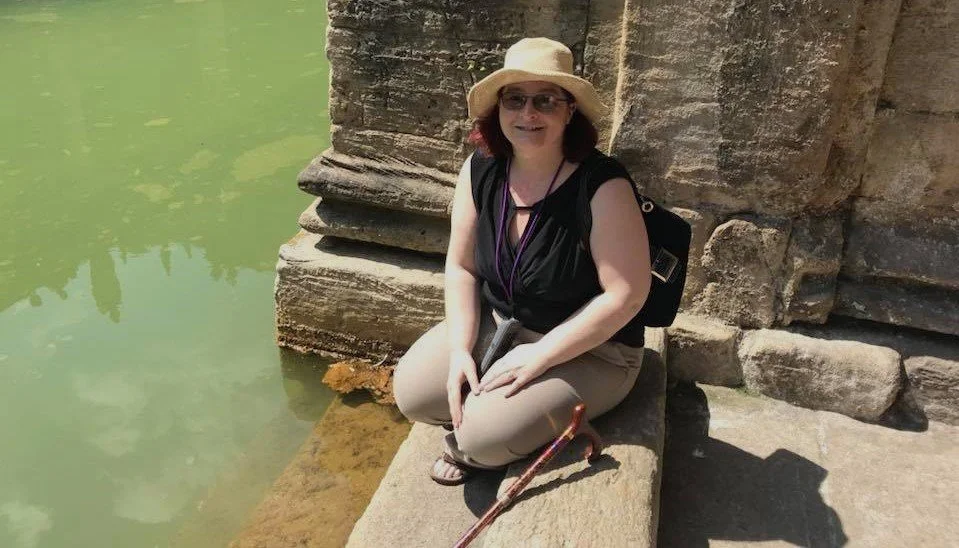I am disabled. I have issues concerning my mobility, chronic pain, a chronically immunosuppressed system, a history of seizures, fatigue, and a brain injury.
You may note that what I have listed is not a history of diagnoses, but rather descriptions of how my various conditions affect me. That is because “disabled” is both a noun and a verb, and it is as a verb that I and many others find ourselves restricted, discriminated against, made invisible and almost caricatures to those without first-hand knowledge of our infinite variety and capability.
WHAT IS MOST HELPFUL…
Disabled people do not need special treatment. Disabled people do have additional needs which vary according to the symptoms they are living with. What is most helpful is to think of what problems may arise according to symptoms and then to adjust the location, lesson, and language accordingly.
For example:
I am part of the wonderful MatchFest celebration each year, and generally act as Door Steward (currently pandemic-postponed). The MatchFest always ensures an accessible location with a wide entrance, easy access, lifts to upper floors if the venue has any, toilet facilities for all, and a quiet area for those who find themselves overwhelmed or over-stimulated.
When on a Ldn Dares course (big fan!) I noted one of the positivity exercises included a suggestion we imagine ourselves walking as a part of the question. My mobility and chronic pain problems meant I could not answer this, and it took me away from the energy of the course. I spoke with Ldn Dares who immediately addressed the issue, listened to me, and understood what I was saying.
These are two examples of what can be done simply and easily when organisations wish to ensure they are truly inclusive.
There is still work to do. For example, MatchFest has not yet managed to get a BSL Interpreter for the festival. What is important though is that the work is done and that when a disabled person brings up an issue, they are listened to, and their words are acted upon.
THE PROBLEMS MUST BE ADDRESSED
It is the disabled person’s word which is paramount. They are the ones with the lived experience and knowledge of what additional changes are needed. I attended the O2 to go to the cinema, only to discover that the disabled parking is over a mile away from the venue. The reasoning was that all disabled people use wheelchairs all the time… so distance doesn’t matter. This is horribly wrong and a clear example of planning by someone with no experience of disability or those who use disabled parking. I can no longer attend the O2 as it is an inaccessible venue. I am not the only person this applies to.
It’s not enough just to listen to the problems being expressed. The problems must be addressed. Often once a person states they are disabled, they become irrelevant or invisible to society. I once had this proven to me quite blatantly. I once swam three times a week at a local pool, which was due to be controversially closed. Whilst at work I received a phone call from the outside body employed by the council with regard to a survey about the closure and access to swimming in the local area. As soon as I responded to their question stating I could not walk a mile within the time limit because of my disability, I was told that I was no longer a relevant person to include in the survey. The questioner already knew I used the pool in question three times a week. That was it though, no recourse, no redress, no relevance to the issue.
I was directly impacted by the closure as I swam to try to hold off the degeneration of my chronic pain and maintain what I had for as long as I could. But I was disabled, so had no opinion to give.
SLOWLY THE CONVERSATION IS BEING LED BY THE CORRECT PEOPLE
This backwards thinking must stop, and I am pleased to see things moving the right way with the increasing voice of the Disabled Union UK. The internet has helped enormously at this; being a so-called keyboard activist is literally all many disabled people can do. There is increased visibility and variety of disabilities and slowly the conversation is being led by the correct people: the disabled people themselves. However, there is still a long way to go.
After all, a disabled person is only disabled because society says they are.

